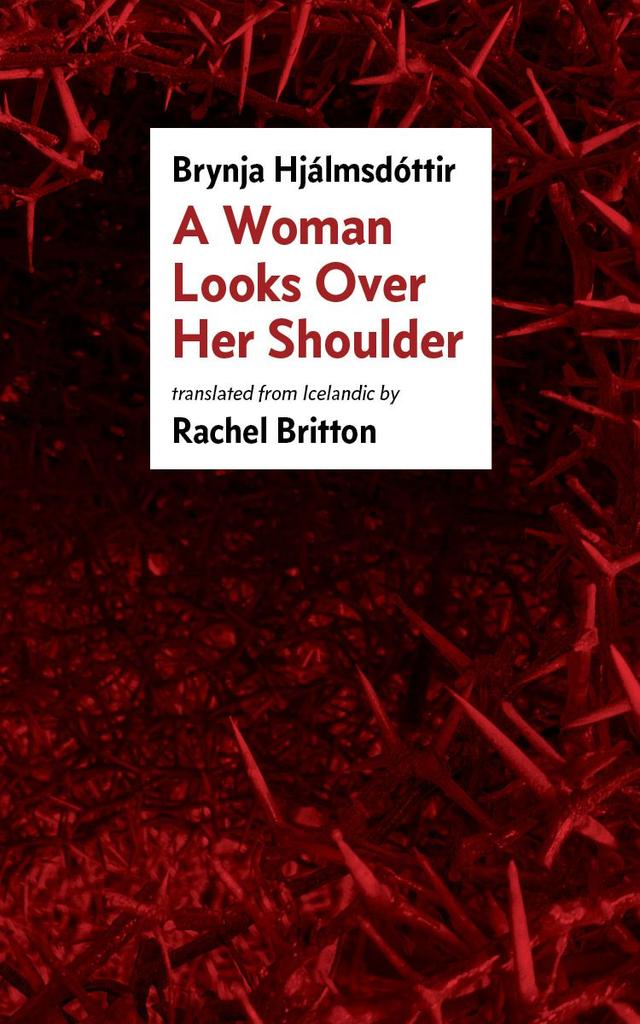A Woman Looks Over Her Shoulder
A Woman Looks Over Her Shoulder by Brynja Hjálmsdóttir
Translated from Icelandic by Rachel Britton
First edition. Publication date: November 2024
In A Woman Looks Over Her Shoulder, written by contemporary Icelandic poet Brynja Hjálmsdóttir and translated by Rachel Britton, one woman lives in a glass ball that is being shaken by someone else. This book of poems, however, is always shaking itself up, leaping between the extreme and the daily, the gross and the delicious, between being scared and being scary. These surreal, visceral, and somehow polite poems explore what it can be like to be a woman and to slither through and away from threat to find voice and form and power, no matter how strange. The apocalyptic utopia we arrive at in this book—The Whore’s City—is a perfect model to move to in one’s head: feminist, funny, odd, and a little disgusting, all towards transformation.
Praise
I love the way these peculiar and unforgettable poems jump and glide. A sly, refreshing, and vivid book.
Emily Hunt
B for bold
L for lightning
U for everything that begins with un-
R for realm, roads of new circulations
B for uncompromised beauty
I read Brynja’s book holding my breath while her poetry moves my mind and sketches me and reveals horizons of imaginable spaces born from governing situations, world literature, and an outstanding imagination.
Kristín Ómarsdóttir
These deeply weird poems have delivered unto me critical knowledge about creatureliness, lust, rejection, dejection, invalidation, i.e. what it is to be of gender or rather to be of an off one. As such, I’m pretty certain I only want to live “where the whore sitteth” for it is a land of plenty where the “victuals come down from trees,” flowers brim with “golden intoxicating juices,” and one is permitted to yammer, and yammer I will!
Aditi Machado
A Woman Looks Over Her Shoulder is a strange and compelling book which relentlessly pokes at and pokes fun at the I/thou dynamic of Women and Men in our culture. Repetitions of official speech acts both deaden them and hold them up to the light; the poems remind me of Vasko Popa’s in their simplicity and archetypal, restricted vocabulary. It's harder than it looks to make simple language like this feel totally genuine and idiomatic, but Rachel Britton's translations help these great poems attain their amazing sense of universality.
Matthew Rohrer
Press
July 10, 2025: Women in Translation Month 2025: 12 Recommendations for Booksellers in CLMP
One of CLMP's 12 recommendations for 2025 Women in Translation month
November 17, 2024: Brynja Hjálmsdóttir’s Poetry Uses Icelandic Mythology to Satirize Gender Norms in Electric Literature
Rachel Britton talks to Brynja Hjálmsdóttir about her book
November 13, 2024: Ten Questions for Brynja Hjálmsdóttir and Rachel Britton in Poets & Writers
Brynja Hjálmsdóttir and Rachel Britton answer questions about the book
